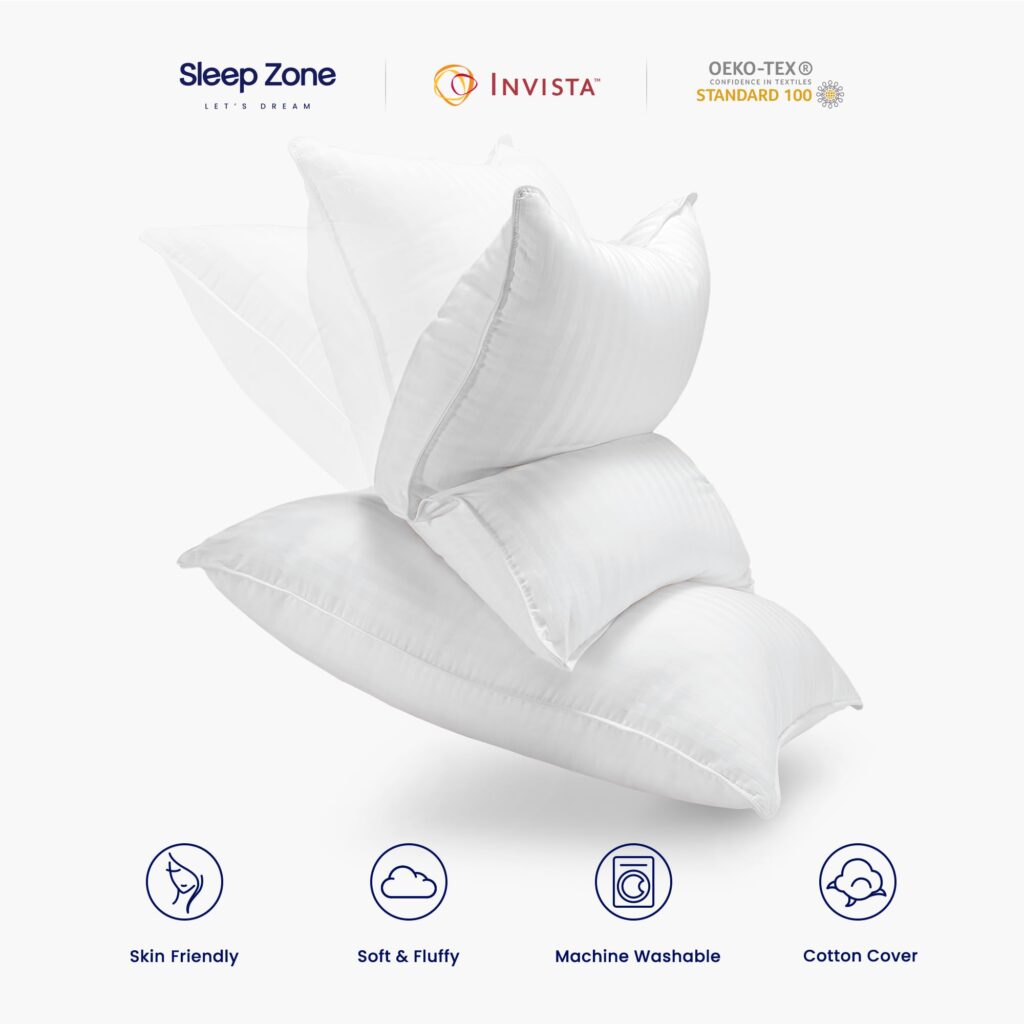
Introduction to Invista
Invista, a global leader in the manufacture of synthetic fibers and textiles, plays a pivotal role in shaping the textile industry with its sustainable practices and innovative technologies. As environmental concerns grow globally, Invista’s commitment to sustainability enhances its relevance in today’s market, appealing to consumers and businesses striving for eco-friendly solutions.
Current Developments and Innovations
Recently, Invista has made headlines for its advancements in sustainable textile solutions. The company has introduced several key initiatives aimed at reducing environmental impacts. For instance, their significant investment in bio-based nylon technology exemplifies their dedication to sustainability. Bio-based nylon is derived from renewable resources, reducing reliance on fossil fuels and significantly lowering carbon emissions.
In addition to sustainable materials, Invista has also been at the forefront of developing innovative processes that minimize water usage and waste in textile production. By implementing cutting-edge technologies such as digital dyeing techniques, Invista has successfully reduced water consumption by up to 90% compared to traditional methods.
Partnerships and Industry Impact
Invista has engaged in partnerships with other industry leaders and organizations to promote circular economy models within the textile sector. For instance, collaborations with brands focusing on recycling programs encourage the return of used textiles to be repurposed into new products, thus minimizing waste and supporting a sustainable future.
The impact of these innovations extends beyond environmental benefits; they also provide economic advantages for manufacturers and retailers who adopt these sustainable practices. As consumers increasingly demand transparency and eco-friendly options, businesses that align with Invista’s initiatives may gain a competitive edge.
Conclusion and Future Outlook
As Invista continues to lead the charge in sustainable textiles, its focus on innovation will undoubtedly shape the future of the industry. The company’s commitment to developing sustainable materials not only addresses immediate environmental issues but also sets a new standard for corporate responsibility in manufacturing.
Looking ahead, the forecasts suggest that as sustainability takes center stage in consumer preferences, Invista’s efforts will likely position them as a front-runner in driving significant changes in the textile landscape. For readers, staying informed about companies like Invista offers insight into the future of sustainable products and their impacts on the environment and economy.




